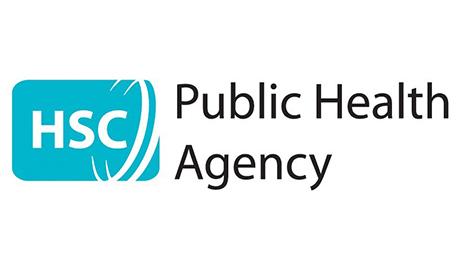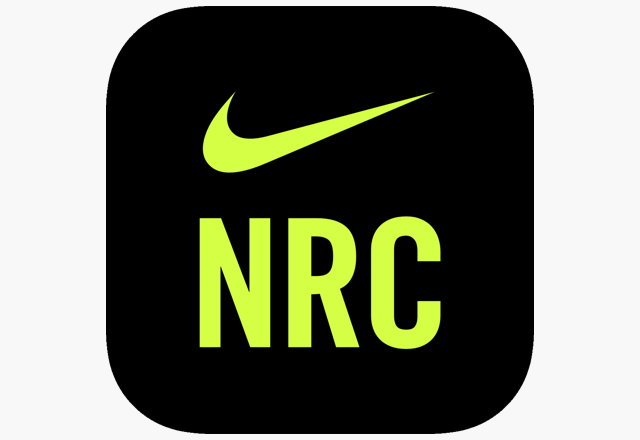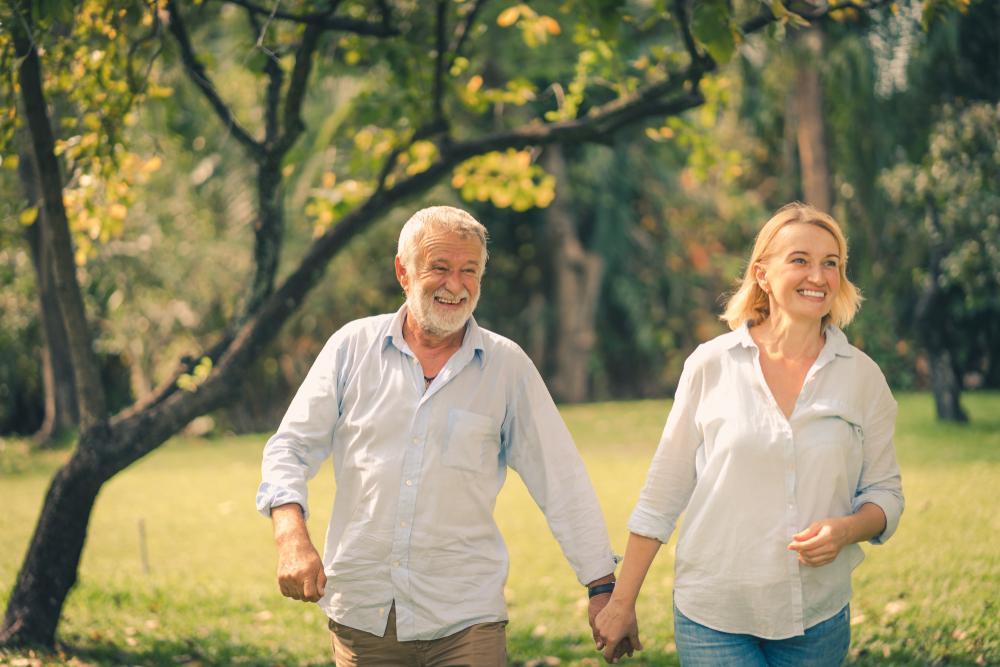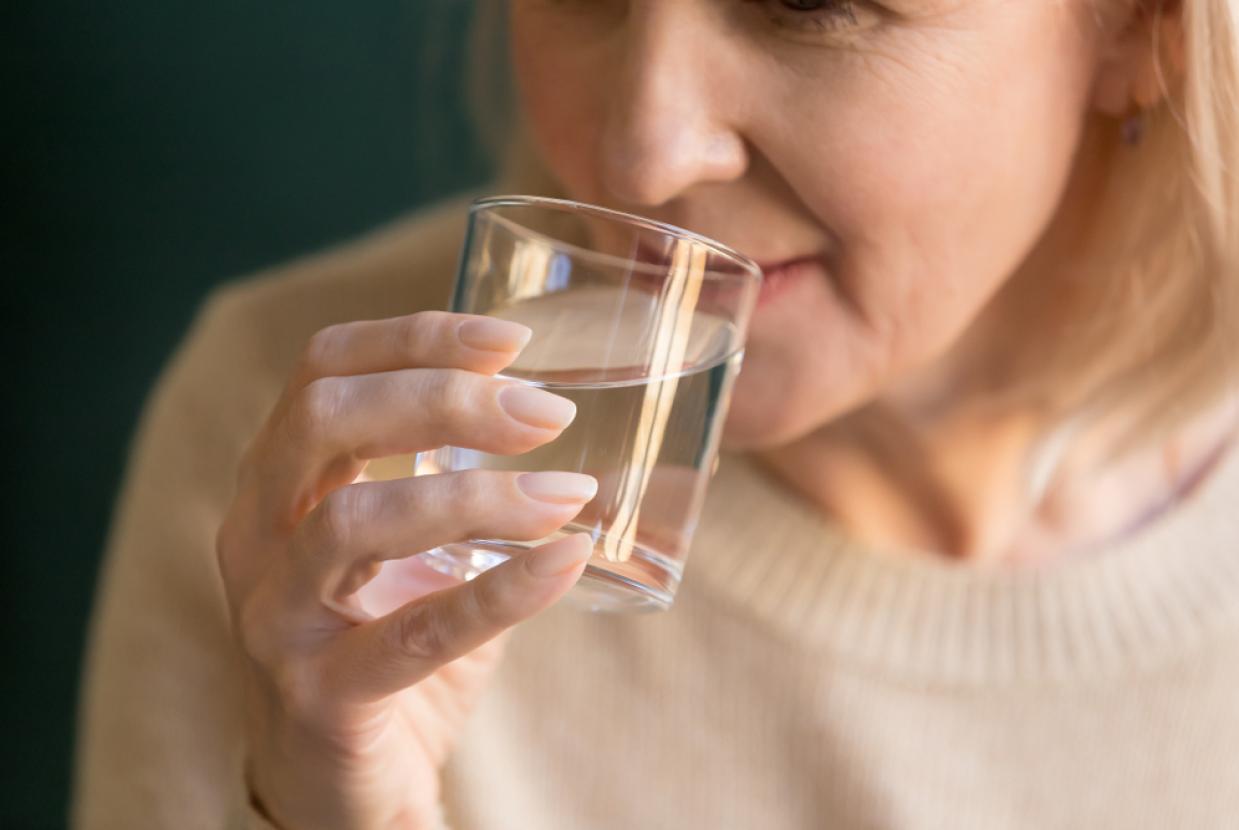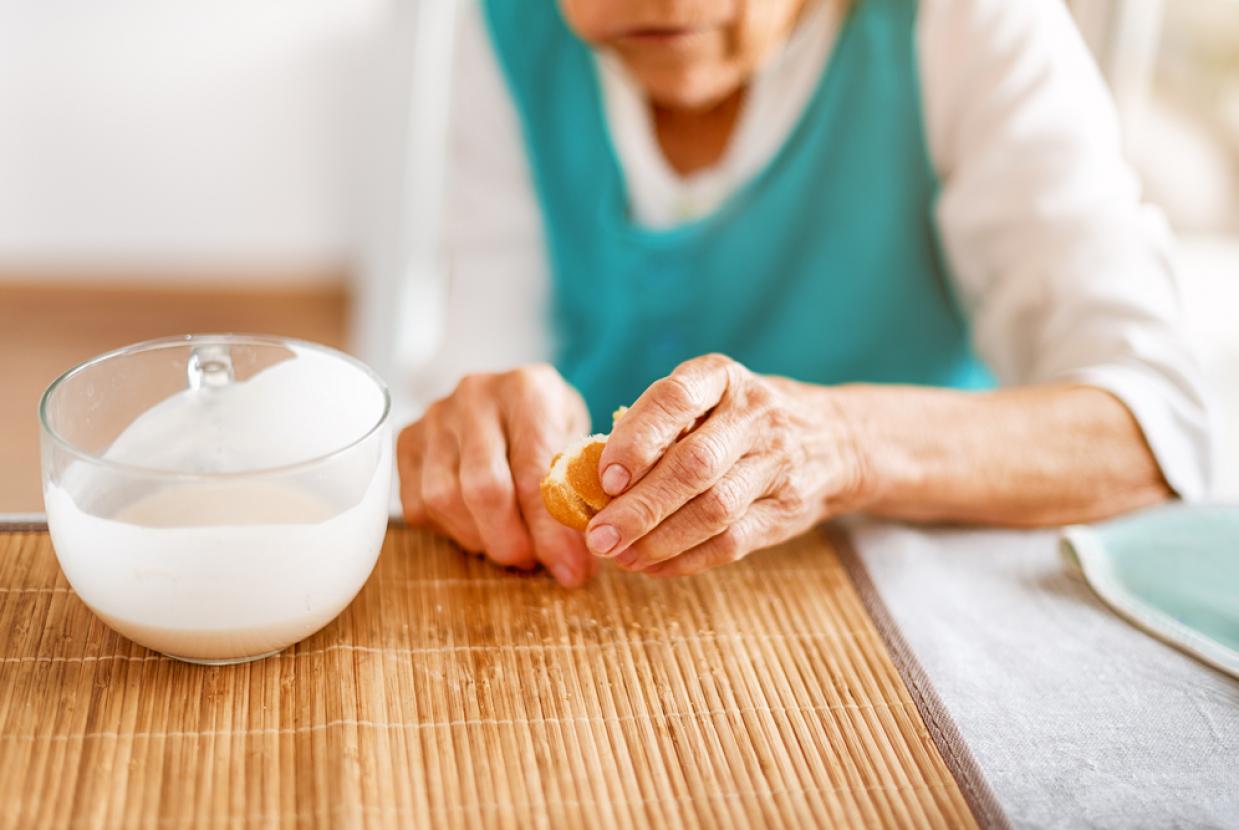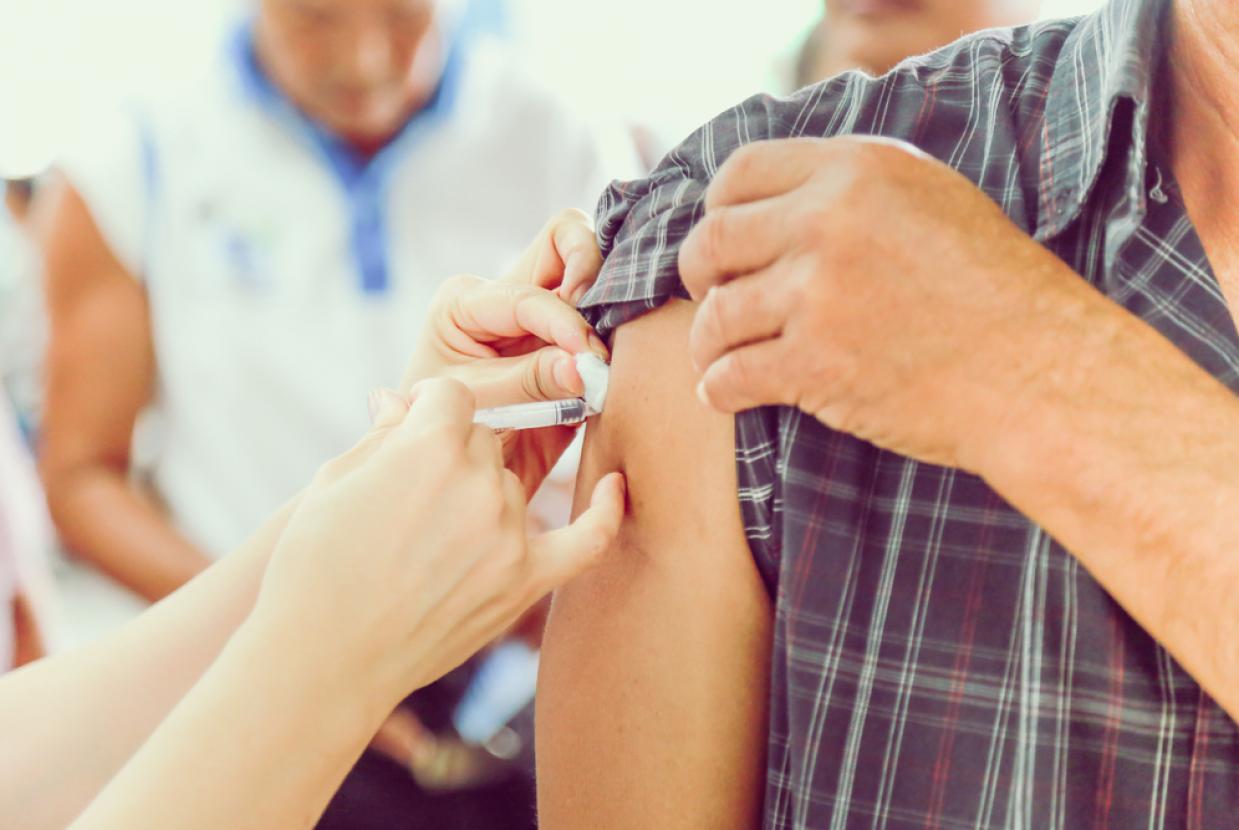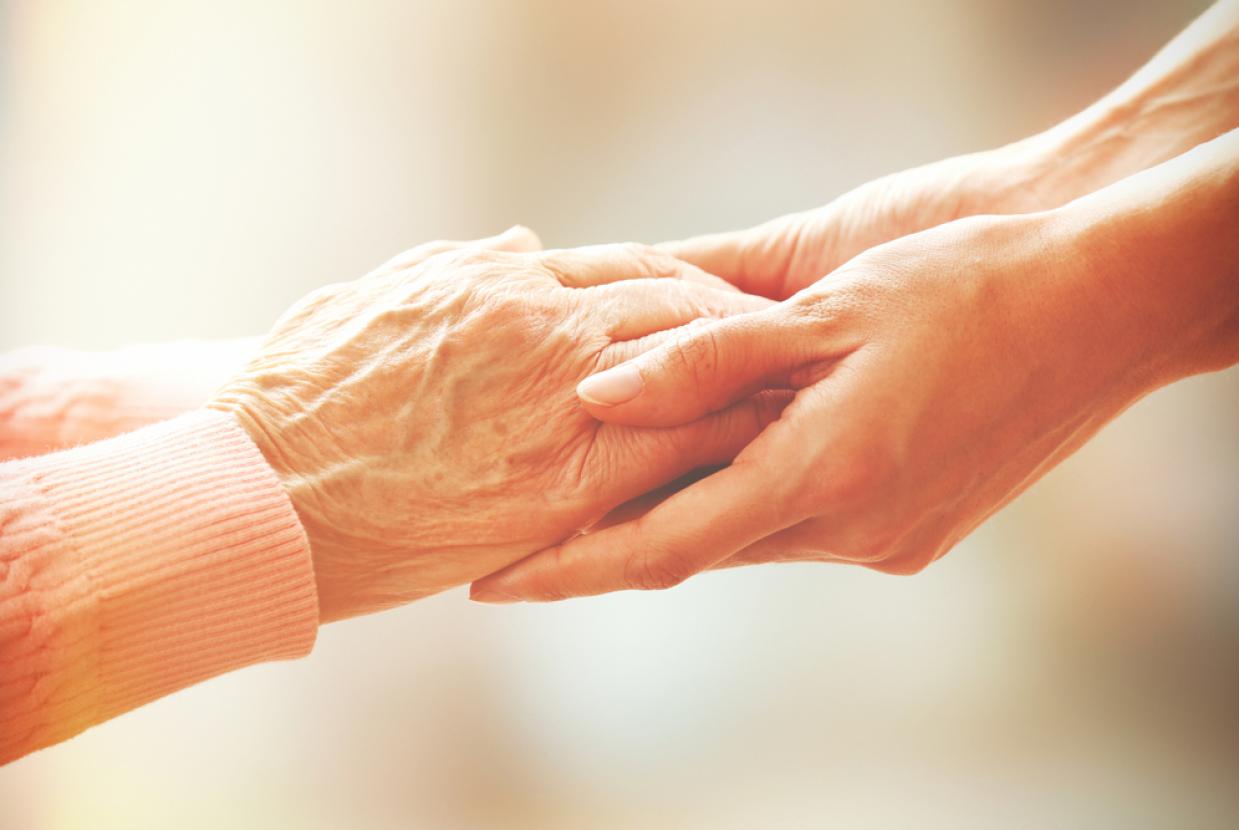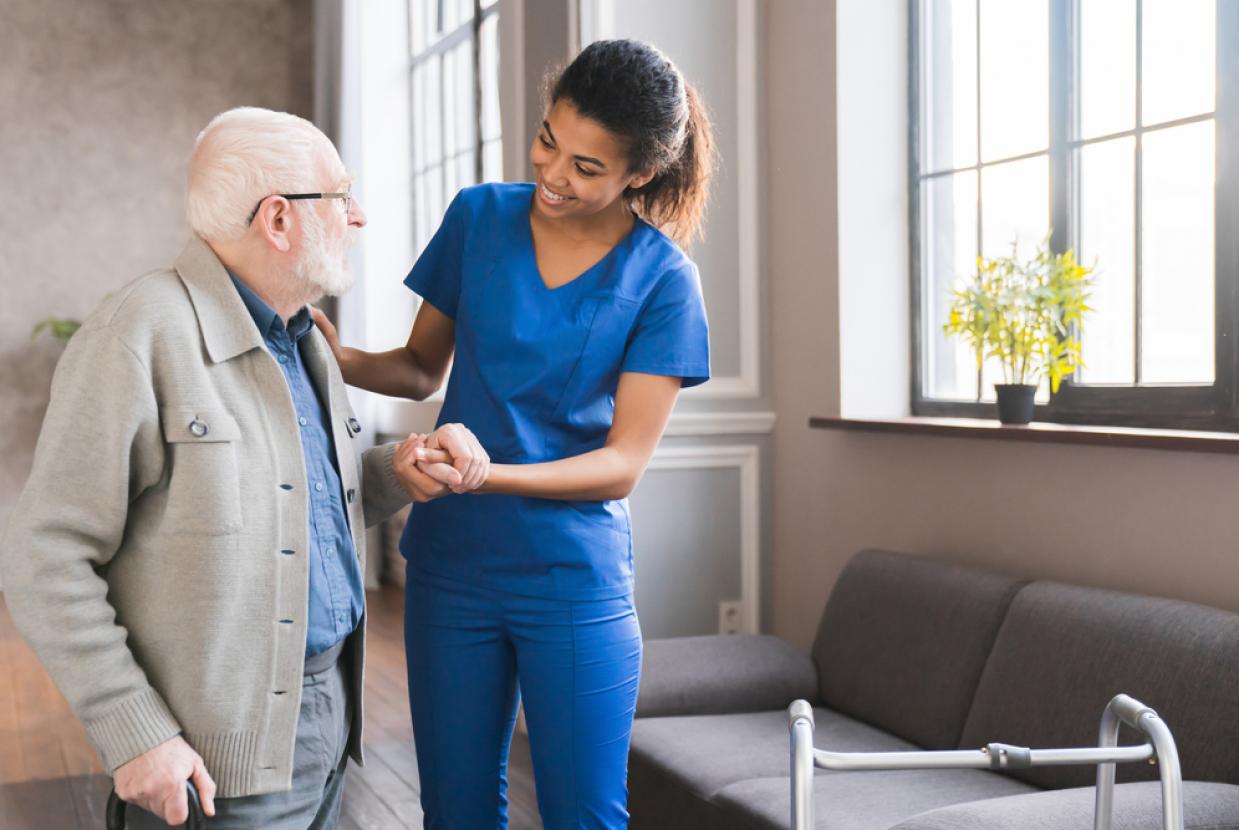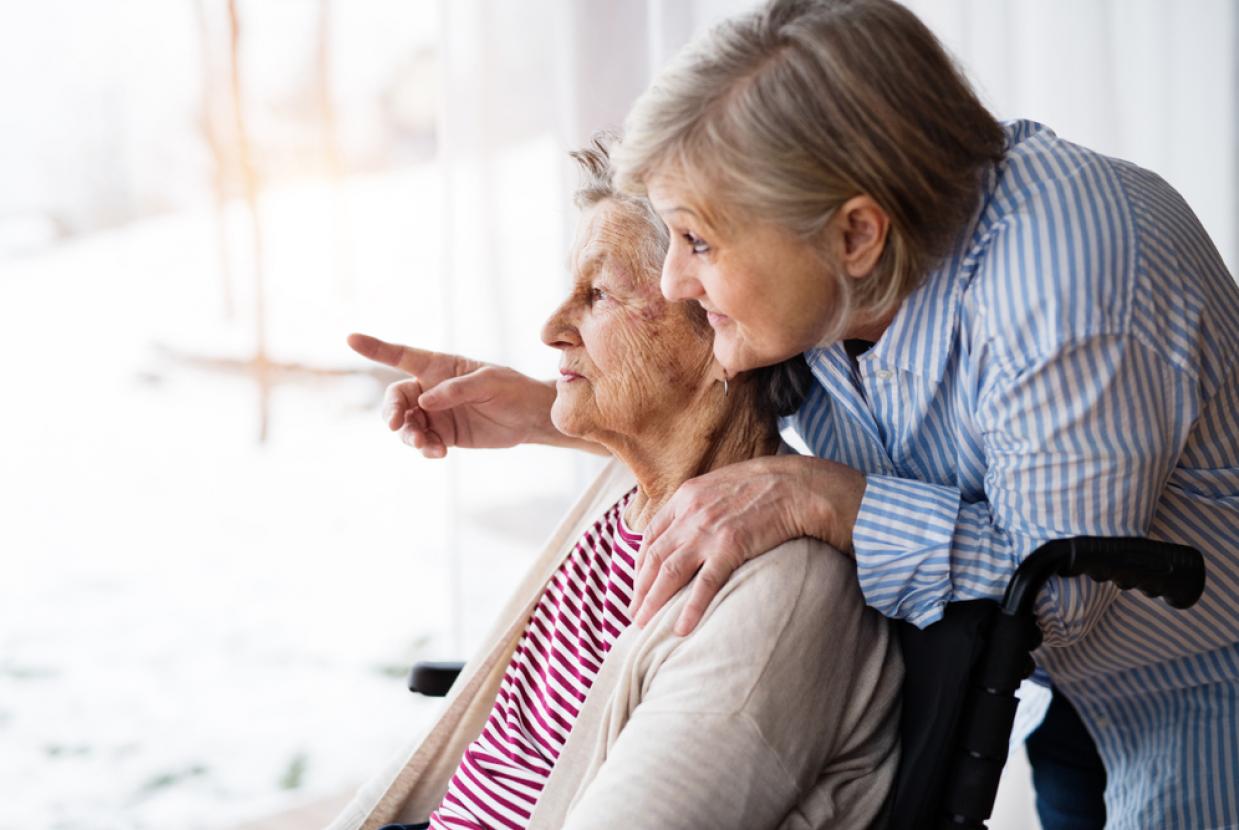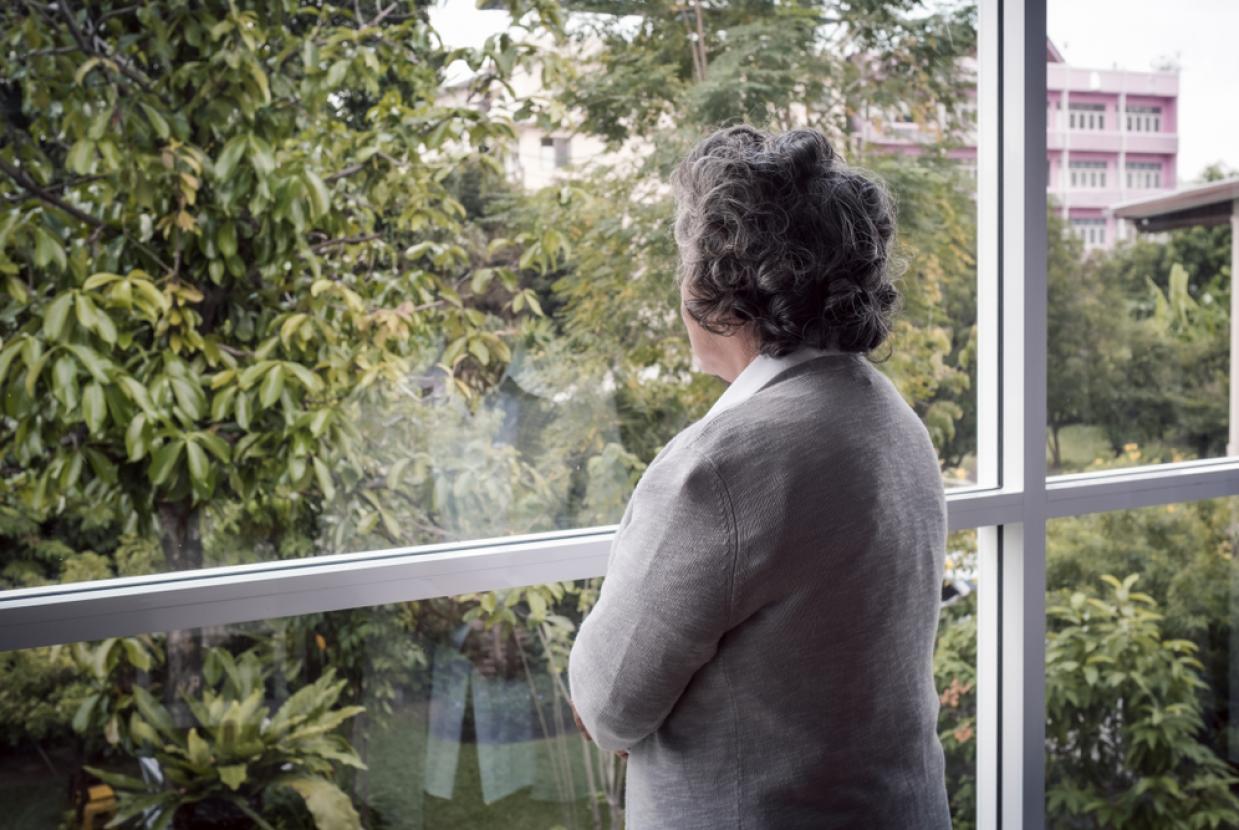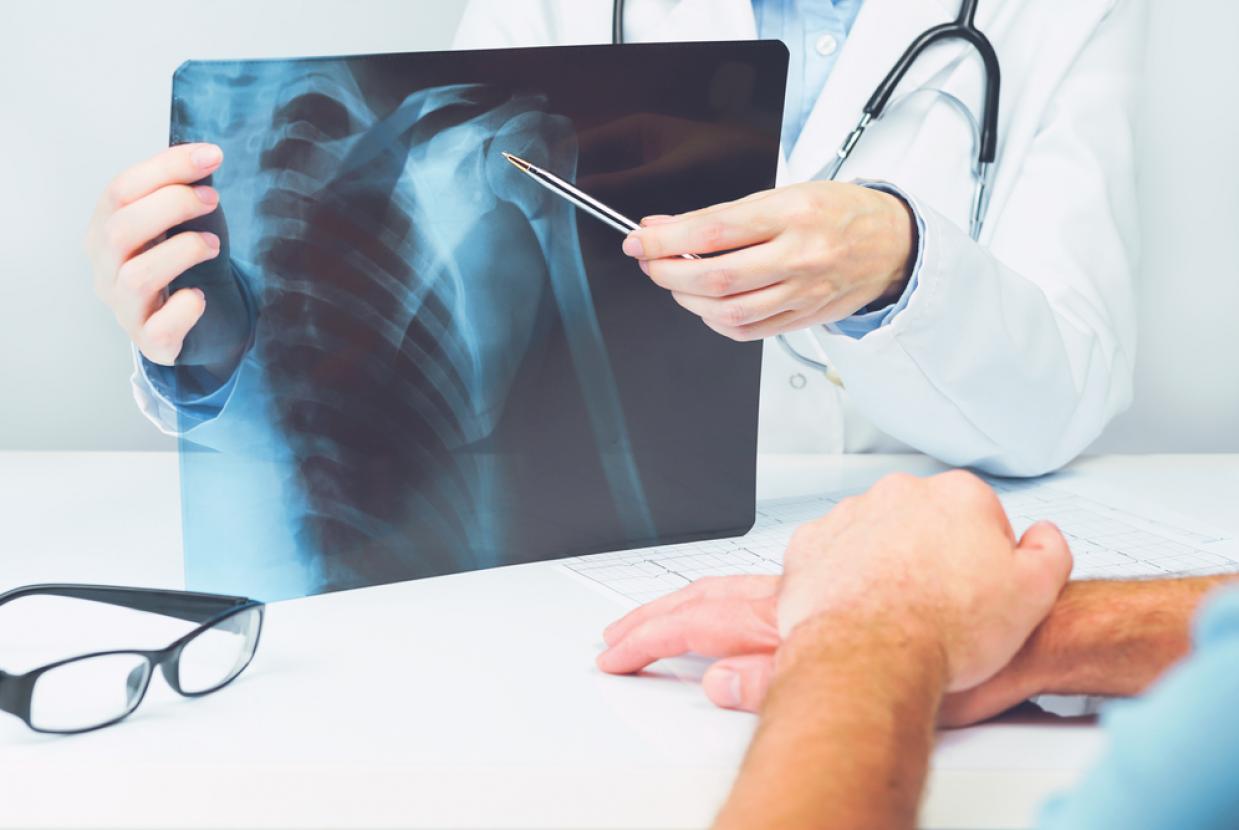Ways You Can Age Well This Winter
Ageing WellDuring Positive Ageing Month this October, the Public Health Agency (PHA) is highlighting the importance of looking after your health this winter, particularly those who are older and vulnerable.
Diane McIntyre, Interim Head of Health and Wellbeing Improvement (Belfast and South Eastern) at the PHA said: “Reducing isolation and improving the health and wellbeing of older people is a key focus for the PHA. Positive Ageing Month is a welcome opportunity to celebrate older people and for them to connect and become involved in events and activities which promote improvement in both physical and mental health.
“Growing older shouldn’t be a barrier to leading a happy and fulfilled life. There are lots of ways to help stay well in our older years, especially as we head into the winter months.”
Some of the key steps you can take to manage and improve your health and wellbeing include:
Vaccinations
The PHA’s targeted autumn/ winter vaccination campaign to help protect those most at risk from respiratory illnesses is now under way.
The life-saving vaccination programme, which will help protect the community against deadly viruses ahead of winter, will see flu and COVID-19 vaccines offered to over a million people in Northern Ireland over coming months, starting with those in care homes who are some of the most vulnerable members of our community.
The COVID-19 and flu autumn vaccines are being offered to people at higher risk of severe illness. By taking up the vaccines this autumn, you will increase your protection ahead of the winter months, when respiratory viruses are typically at their peak.
For more information on the vaccine programme arrangements, visit: www.pha.site/autumn2023.
The PHA also recently announced plans to roll out the shingles vaccine to even more people from September 2023. This will give more older people and those with a weaker immune system protection against shingles which can be an extremely painful condition and complications can be long-lasting.
The vaccine was previously only available to those 70 and over but now anyone who is severely immunosuppressed and aged 50 and over, will be able to get two doses of the Shingrix vaccine.
Those aged 65 and 70 on 1 September are also able to get the vaccine, in addition to those already aged 71-79. Patients will be contacted by their GP practice when they become eligible.
Home accident prevention
Falls are the most common accident for all age groups, especially older people and those with greater social, economic and health disadvantages.
Free home safety checks and equipment (subject to assessment, eligibility and availability) are available for over 65s and provide an opportunity to help identify risks in the home and provide advice about reducing them.
A home safety officer carries out an assessment of the home and identifies potential risks, which could prove an obstacle to the older person living independently. It also helps to reduce potential serious injuries from falls occurring in the home.
For more information contact the Home Safety Officer at your local council visit www.nidirect.gov.uk/contacts/local-councils-in-northern-ireland
The PHA and councils across Northern Ireland have produced a falls prevention video, ‘Stay Steady' to raise awareness of the measures we can take at home to prevent falls. This can be viewed at www.pha.site/StaySteadyYT or you can view the Strength and Balance Exercise booklet at www.pha.site/StrengthBalance.
Exercise and physical activity
The Chief Medical Officers in the UK advise that physical activity is important for all older adults. Keeping active helps you to age well, stay independent and lower the risk of future health conditions such as type 2 diabetes, stroke and some cancers. It is advised to be active for at least two and a half hours per week, and a little bit of activity a day could make a huge difference.
Most older adults do not do enough physical activity, but you could:
- Break up the amount of time you spend sitting;
- Move more often every day;
- Build up your physical activity gradually;
- Add activities that will help you be strong and steady, such as carrying shopping bags;
- Make your activity a habit;
- Try something, as it is better than doing nothing.
Active Ageing Week, which runs during Positive Ageing Month from Monday 2 October to Sunday 8 October, is a good opportunity to get active or try something new. For more information on getting active as you get older, visit www.pha.site/ActiveAgeing
Looking after your mental health
Health and Social Care Trusts and the PHA have worked in partnership to develop a campaign to encourage people across Northern Ireland to embrace and demonstrate the theme: Creating Hope, Through Action.
The campaign is running from 11 September to 10 October 2023 to mark the period between World Suicide Prevention Day and World Mental Health Day. This year we are calling on people to ‘Walk & Talk’, embracing the Take 5 messages to ‘Be Active’ and ‘Connect’.
Walking for Health programmes have trained leaders for walking groups, many of which bring older people together to connect and build relationships and a sense of community. Those groups tie in with being active and connecting, two of the PHA’s Take 5 steps to wellbeing. The PHA also provides funding for Men’ Sheds projects, where older men can learn new skills, but also talk with and support each other. A previous survey showed that of the men who attended four projects in Greater Belfast, 90% felt it helped to combat loneliness.
For more information on the ‘Walk and Talk’ campaign, visit www.pha.site/WalkAndTalk23
Diane concluded: “Older people make an invaluable contribution to our community and society. It’s more important than ever to look after our health, stay active and strong, keep up with health checks and remain connected to others. By taking these key steps, those who are older or more vulnerable can reap many benefits for their health including increased protection from flu and COVID-19, improved wellbeing, and lowered risk of future health conditions such as type 2 diabetes, stroke and some cancers.”


